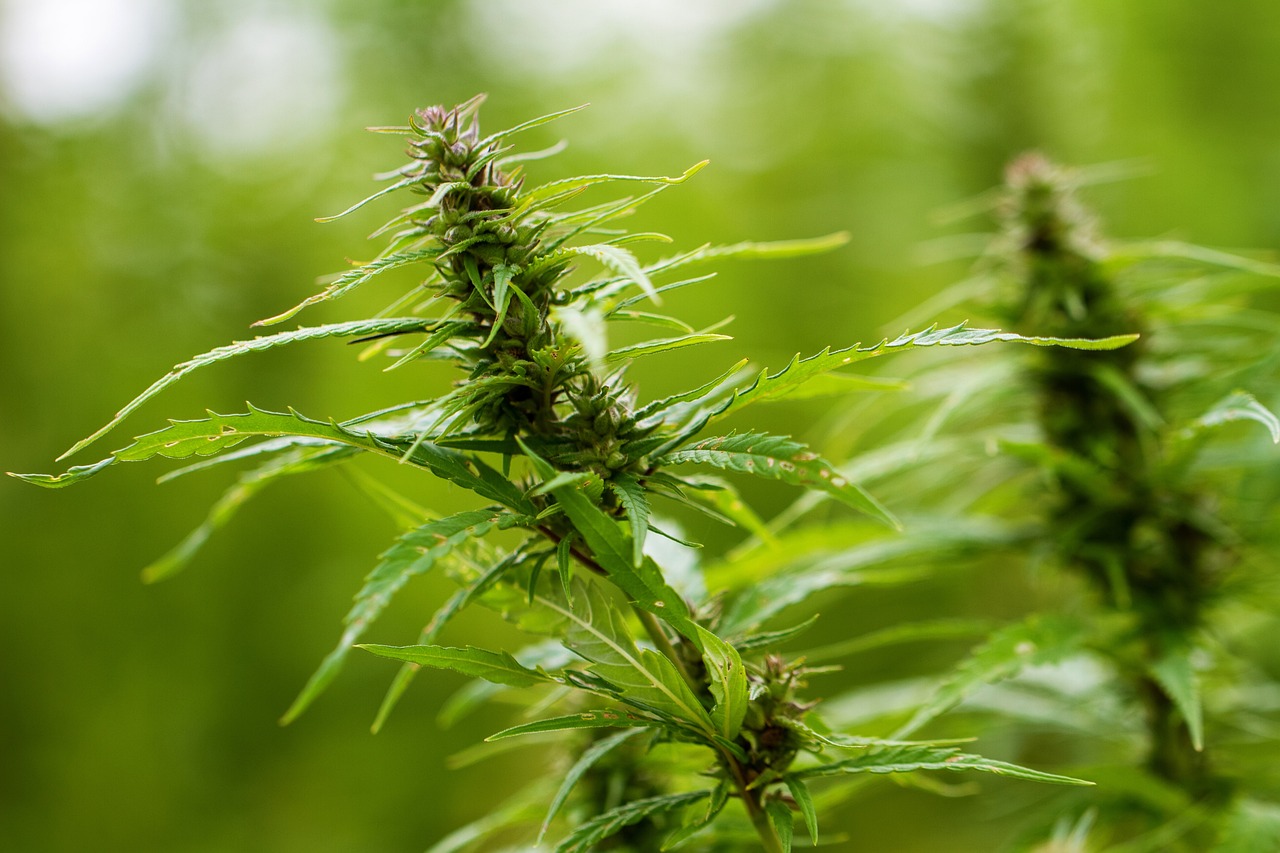The world of cannabis is vast and varied, with numerous compounds contributing to its effects and benefits. Among these, THCA (tetrahydrocannabinolic acid) has gained attention for its unique properties. Unlike its more famous counterpart THC, THCA is non-psychoactive, offering a range of potential health benefits without the high. This article explores the potential of THCA flower, its benefits, and its place in the cannabis industry.
Understanding THCA
THCA is a cannabinoid found in raw and live cannabis plants. It is the precursor to THC, the compound responsible for the psychoactive effects of cannabis. When cannabis is heated through smoking, vaping, or cooking, THCA flower for appetite stimulation undergoes decarboxylation, converting into THC. This transformation is why raw cannabis does not produce the same psychoactive effects as its heated counterpart.
Benefits of THCA
Research into THCA is still in its early stages, but preliminary studies and anecdotal evidence suggest several potential benefits:
- Anti-inflammatory Properties: THCA may help reduce inflammation, making it a potential option for those with arthritis or other inflammatory conditions.
- Neuroprotective Effects: Some studies indicate that THCA might protect brain cells, offering potential benefits for neurodegenerative diseases.
- Anti-emetic Properties: THCA could help reduce nausea and vomiting, which is particularly beneficial for patients undergoing chemotherapy.
- Appetite Stimulation: Like THC, THCA may stimulate appetite, aiding those with eating disorders or undergoing treatments that reduce appetite.
THCA vs. THC: Key Differences
While both THCA and THC originate from the same plant, their effects and uses differ significantly. THCA is non-psychoactive, meaning it does not produce the “high” associated with THC. This makes it appealing for those seeking the therapeutic benefits of cannabis without the psychoactive effects.
THCA is also more prevalent in raw cannabis. As the plant dries and ages, THCA slowly converts to THC, which is why fresh cannabis is often preferred for THCA extraction.
Consumption Methods
There are several ways to consume THCA, each offering different benefits and experiences:
- Raw Consumption: Consuming raw cannabis leaves or flowers in smoothies or salads preserves THCA in its natural form.
- Tinctures and Oils: These products allow for precise dosing and can be added to food or taken sublingually.
- Topicals: THCA-infused creams and balms can be applied directly to the skin for localized relief.
Case Studies and Research
Several studies have explored the potential benefits of THCA. For instance, a study published in the British Journal of Pharmacology highlighted THCA’s anti-inflammatory properties, suggesting its potential in treating inflammatory diseases. Another study in the Journal of Neuroimmune Pharmacology pointed to THCA’s neuroprotective effects, indicating its promise in managing neurodegenerative conditions.
Anecdotal evidence from patients and healthcare providers further supports these findings. Many users report relief from symptoms such as pain, inflammation, and nausea after using THCA-rich products.
The Future of THCA in the Cannabis Industry
As interest in cannabis continues to grow, so does the exploration of its various compounds. THCA is gaining traction as a valuable component of the plant, with more products entering the market. From tinctures to topicals, the range of THCA-infused products is expanding, offering consumers more options to explore its benefits.
Regulatory changes and increased research funding are likely to further boost the understanding and availability of THCA. As more studies confirm its potential benefits, THCA could become a staple in both medical and wellness cannabis products.
Conclusion
THCA flower represents a promising frontier in cannabis research and consumption. With its non-psychoactive nature and potential health benefits, it offers an appealing alternative for those seeking the therapeutic effects of cannabis without the high. As research progresses and the market evolves, THCA is poised to play a significant role in the future of cannabis. Whether through raw consumption, tinctures, or topicals, THCA provides a versatile and beneficial option for consumers looking to harness the power of the plant.
